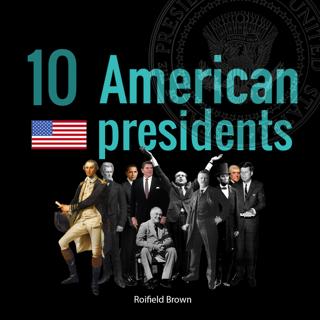Premium
99 kr/ månad
- Tillgång till alla Premium-poddar
- Reklamfritt premium-innehåll
- Avsluta när du vill

Lyssna på dina favoritpoddar och ljudböcker på ett och samma ställe.
Njut av handplockade tips som passar din smak – utan ändlöst scrollande.
Fortsätt lyssna där du slutade – även offline.
99 kr/ månad
129 kr/ månad